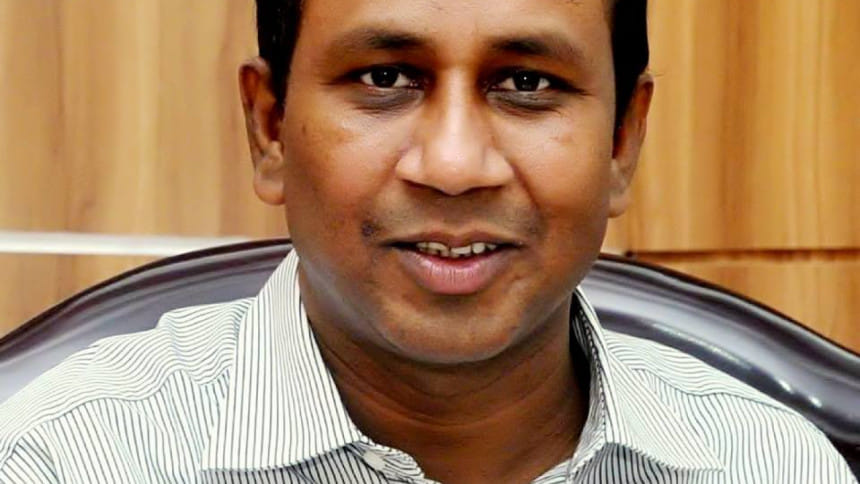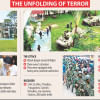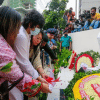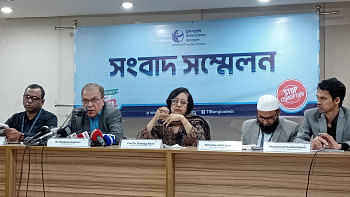Police better equipped since Gulshan attack

The country's policing system has been witnessing significant changes in the aftermath of the grisly Holey Artisan attack.
The capacity of police has been strengthened to counter religious extremism. Workshops are being organised for police members to make them aware of militancy and how to deal with the menace.
Counterterrorism teams have been formed in all 64 districts in the last four months to tackle the terrorism issue. These teams will work in coordination with the Counter Terrorism and Transnational Crime (CTTC) Unit of Dhaka Metropolitan Police.
“Police officials are receiving training in some friendly countries to improve their efficiency and capacity in dealing with the terrorism issue,” said CTTC chief Monirul Islam.
Besides, commando teams have been formed in some districts which are vulnerable to extremism. They are being trained at the APBN Specialised Training Centre in Khagrachhari since February 12. Two teams of 20 members each have already completed training.
Top police officials said the Gulshan attack was an eye-opener for the law enforcers and they later learnt how to deal with radicals, their motives and movements more effectively.
The police department has drawn up a plan to form a new unit under the name “Police Anti-terrorism Unit”. It will have a 592-strong manpower, with the headquarters in Dhaka. The home ministry has endorsed the plan and sent it to the finance ministry for final approval.
The CTTC unit, which was set up four and a half months prior to the Gulshan attack, would work in coordination with the new unit, said officials.
The counterterrorism unit is better equipped now than a year ago to fight militancy. Since the Holey Artisan attack, it carried out 20 anti-militant operations across the country in which 59 suspected militants were either killed or committed suicide. Three cops and a firefighter also died during the raids.
Eight more militant suspects were killed during drives by the Rapid Action Battalion across the country, said officials at the police headquarters.
The CTTC unit's operational and intelligence capacity increased after carrying out some anti-militant operations following the Gulshan attack, Monirul told The Daily Star.
“After conducting an operation, we got information about militant networks. We analysed the information and conducted the next two or three drives.”
Currently, the CTTC is the only specialised counterterrorism unit of police. It steps in to launch anti-militancy drives in many areas outside its jurisdiction. It needs special permission from the police headquarters to go for such raids.
Monirul said they took some programmes to build awareness among the law enforcers so that they can deal with special crimes alongside performing their regular duties.
The CTTC is also conducting two researches -- “Content Analysis of So Called Jihadi Literature” and “Triggering Causes of Radicalisation” -- with support from some Dhaka University teachers.
“People are now more aware of the militancy issue as they relaised that law enforcers alone cannot fight the menace,” the CTTC chief said.
The unit's technological capacity improved over the months, said Monirul, adding that it was going to set up a bomb database centre that would contain information about bombers and suppliers.

 For all latest news, follow The Daily Star's Google News channel.
For all latest news, follow The Daily Star's Google News channel. 







Comments